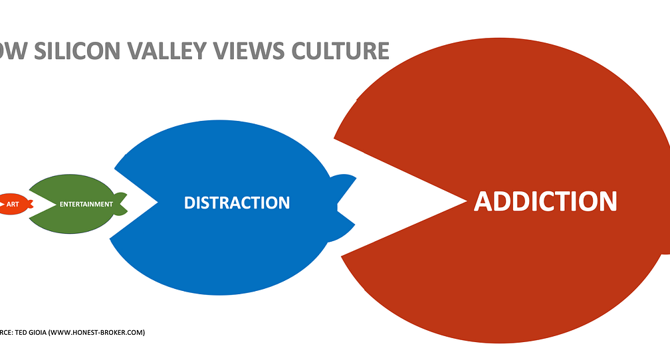UX Design
1M
421

Image Credit: UX Design
Dopamine addiction: the obscure side of the seeking-reward loop
- Living in a constantly stimulated world has led to a society obsessed with instant gratification and easy pleasures, with dopamine taking center stage.
- Technology platforms creating a race for human attention have unleashed invisible harms to society, as per the Center for Humane Technology.
- Impressive data from the Center for Humane Technology highlights the negative impacts of excessive social media usage on mental health.
- Dopamine addiction, a neurotransmitter driving human behavior, is perpetuated by seeking novelty and stimulation in our environment.
- Digital services like social media use algorithms to create addictive feedback loops that lead to serious addictions.
- The correlation between unpredictable rewards in social media and dopamine release makes these platforms highly addictive.
- Cultural critic Ted Gioia suggests we are moving towards a post-entertainment culture, with distraction and addiction rapidly growing in importance.
- Some solutions like App Limits, Night Shift, iA Writer, and minimalist phone apps aim to mitigate dopamine addiction and enhance user focus and productivity.
- Thibaut Meurisse offers practical strategies in 'Dopamine Detox' to break free from distractions, emphasizing the need to remove oneself from the fast-feedback loop capturing attention.
- As digital detox and mindfulness gain importance, designers and tech leaders play a vital role in fostering a healthier digital environment to promote work-life balance.
Read Full Article
25 Likes
For uninterrupted reading, download the app